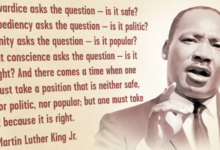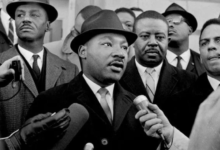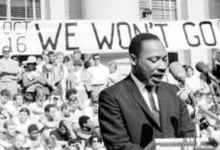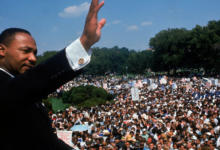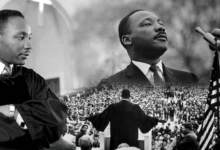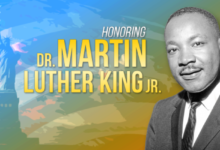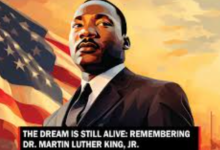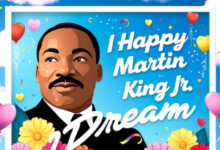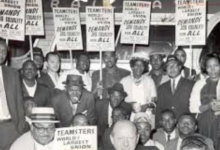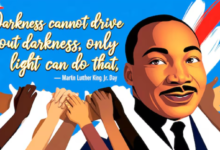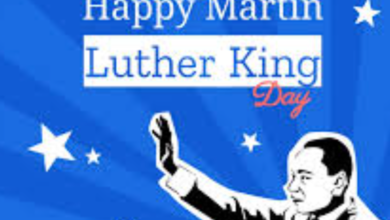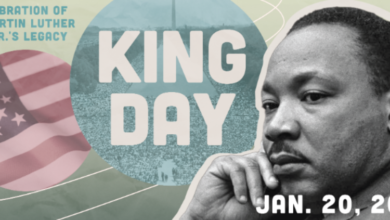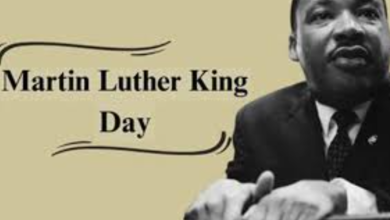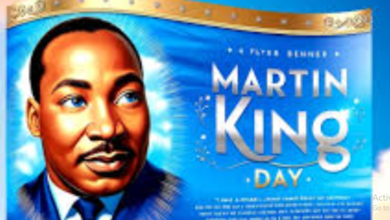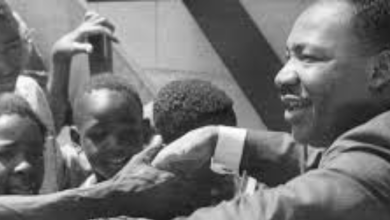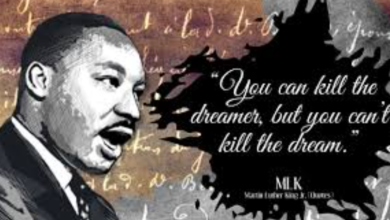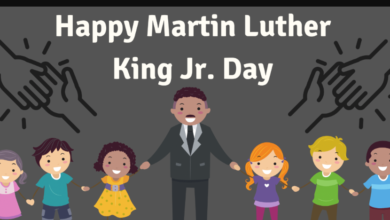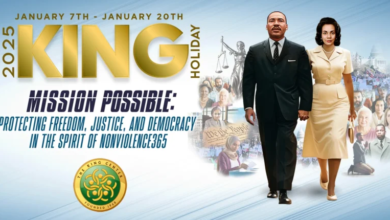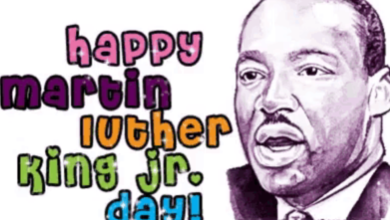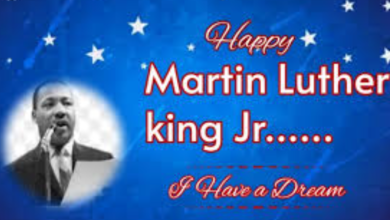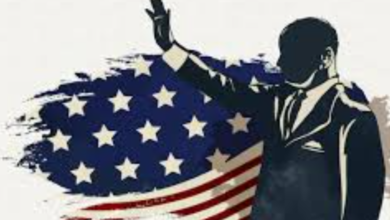Happy Dr Martin Luther King Day 2025 Speech
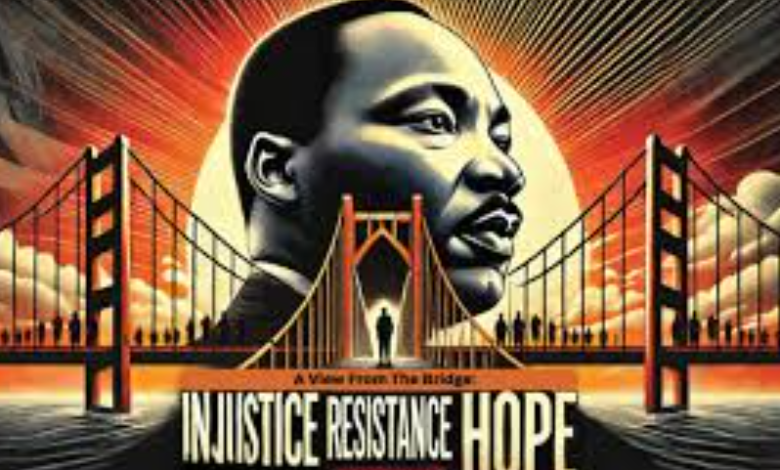
Dr. Martin Luther King Jr.’s legacy stands as a testament to the enduring fight for equality, justice, and peace. Every year, on the third Monday of January, we commemorate his profound contributions to civil rights and reflect on the values that continue to light the way toward a more just society.
As we celebrate Martin Luther King Jr. Day 2025, we take time to honor the man behind the powerful speeches, towering ideas, and tireless activism that forever shaped the trajectory of the nation. This blog not only highlights the incredible achievements of Dr. King but also explores how his vision remains critical to addressing the injustices we face today.
The Life and Legacy of Dr. Martin Luther King Jr.
A Dream that Changed the World
Martin Luther King Jr. emerged as a pivotal leader during the civil rights movement of the 1950s and 1960s. His methods of nonviolent protest were inspired by his deep Christian faith and the teachings of Mahatma Gandhi. Dr. King led marches, organized sit-ins, and inspired millions with his words, calling for an end to racial segregation and unequal treatment.
The famous “I Have a Dream” speech, delivered during the 1963 March on Washington, remains one of the most iconic addresses in American history. King’s vision of a society free from racism struck a chord across the nation, uniting people with its message of hope and possibility.
Key Achievements that Shaped the Nation
Dr. King’s leadership was instrumental in several major advances for civil rights in America, including:
- The Montgomery Bus Boycott (1955-1956): This year-long resistance to racial segregation on public buses led to a Supreme Court ruling declaring segregation on buses unconstitutional. It marked the rise of Dr. King as a prominent figure.
- The Civil Rights Act of 1964: King’s advocacy directly contributed to the passing of this landmark legislation, which outlawed segregation in public spaces and employment discrimination.
- The Voting Rights Act of 1965: Championing the rights of all citizens to participate in democracy, Dr. King’s leadership helped pave the way for this critical piece of legislation aimed at abolishing discriminatory voting practices.
King’s relentless pursuit of justice earned him the Nobel Peace Prize in 1964, making him the youngest recipient of the honor at the time.
The Continued Relevance of King’s Dream in 2025
Bridging the Racial Divide
While much progress has been made since the civil rights era, racial injustice continues to persist in modern society. Systemic inequalities in education, housing, and law enforcement highlight the continued need for Dr. King’s principles of equity and nonviolence.
This Martin Luther King Jr. Day, we must ask ourselves how we can contribute to bridging these divides. How do we ensure that the dream of equality no longer feels like a dream, but becomes reality for all?
Economic Justice and Opportunity
Dr. King’s later years were marked by his focus on economic inequality. He recognized that civil rights and economic justice go hand in hand. His Poor People’s Campaign, launched in 1968, was a call for addressing poverty and providing equal opportunities for housing, education, and employment.
Fast forward to 2025, we see similar challenges—income inequality and systemic barriers to economic opportunity. By advocating policy change, supporting community-driven initiatives, and taking collaborative action, we can continue the fight for justice that King believed was essential to a peaceful society.
Building a Culture of Nonviolence
The violence of his era never swayed Dr. King from his unwavering commitment to nonviolent resistance. Today, his teachings remind us of the importance of peaceful solutions, even in times of political strife and unrest. Whether it’s engaging in dialogue or participating in community efforts, King’s philosophy of rejecting hatred paves the way for impactful, long-term change.
